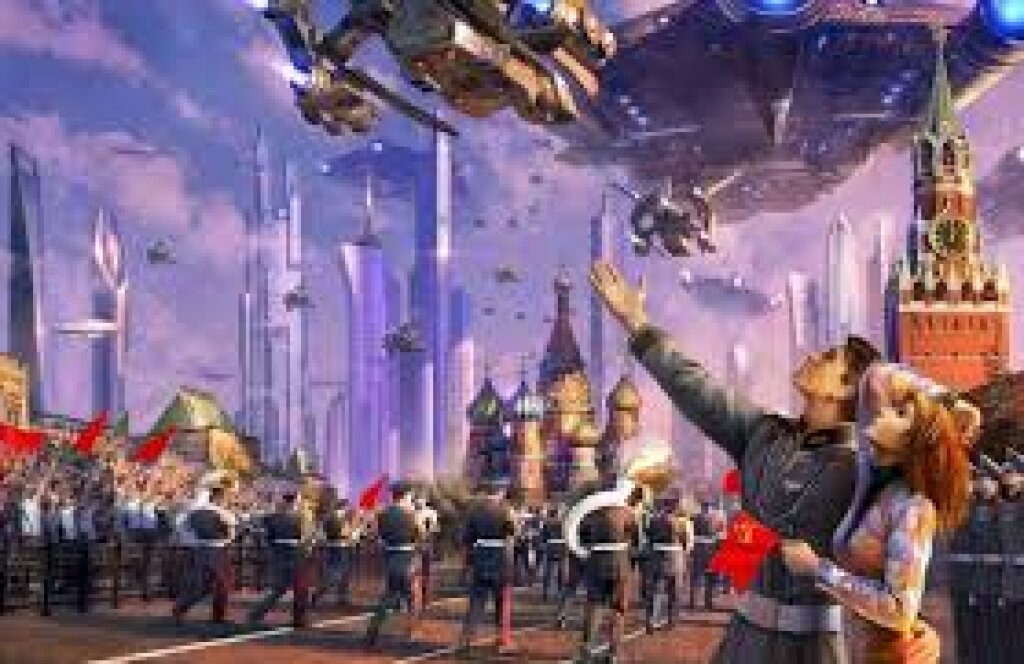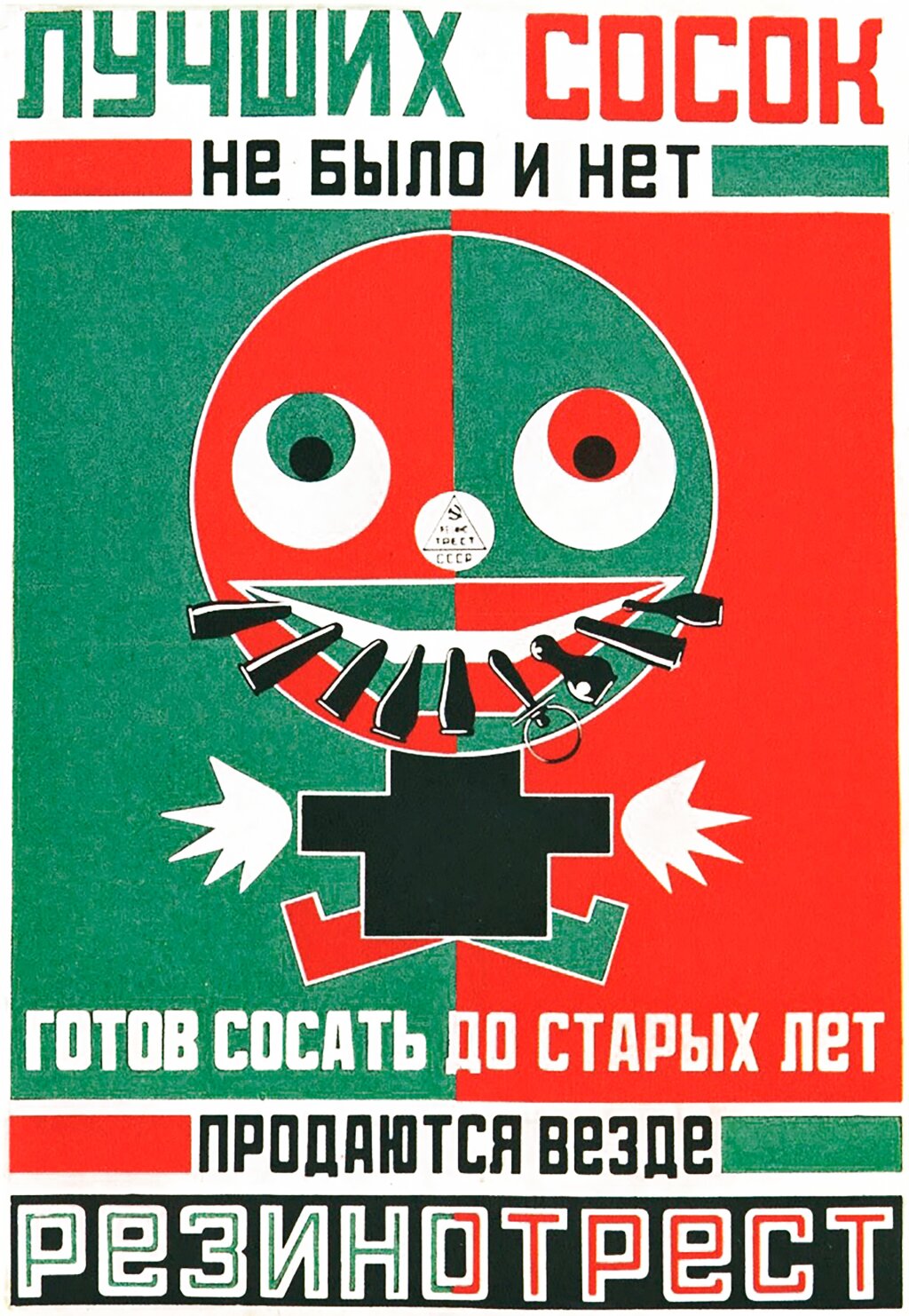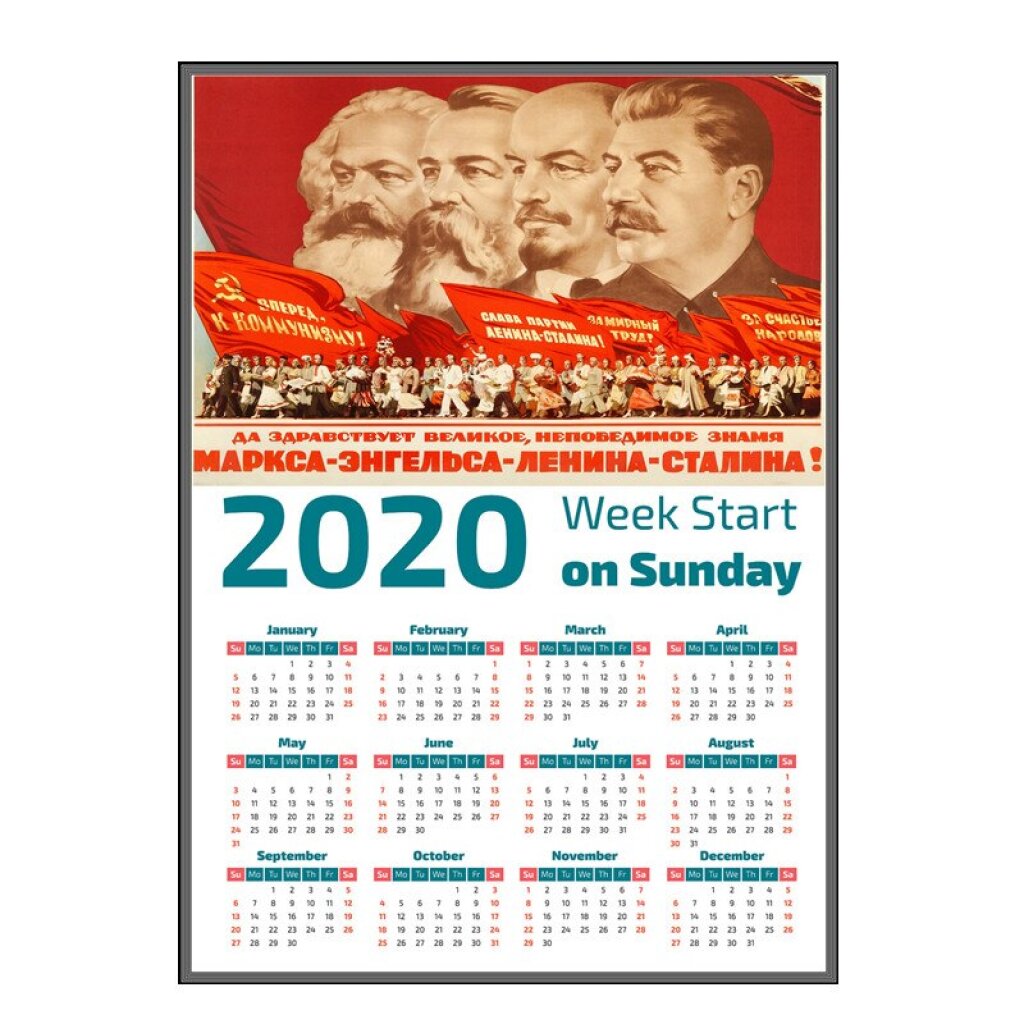This is the eleventh entry of Russia’s Alien Nations: The Secret Identities of Post-Socialism, an ongoing feature on All the Russias. It can also be found at russiasaliennations.org. You can also find all the previous entries here.
Stalinist culture’s obsession with the eventual accomplishments of communism threatened to hollow out the present, depriving it of any value beyond its function as a step towards the radiant future. Kobrin and Lipovetsky argue that recent Russian literature has (for entirely different reasons) abandoned the present in favor of eternal returns to the historical past. The popadantsy narratives only reinforce that trend, using time travel to the past in order to renegotiate Russian identity in the present. But science fiction is a genre thoroughly invested in notions of the future, and contemporary Russian science fiction is no exception. Despite the preponderance of popadantsy and alternate history, Russian SF has not abandoned the future. But some of the most compelling visions of Russia’s future are, yet again, reinscriptions of the national past.
In Chapter 5, I develop an analogy with the burgeoning English-language movement called “Afrofuturism”: a cultural and philosophical phenomenon concerned with the intersection of technology and the African Diaspora. Afrofuturism negates the default whiteness of the science fiction genre, featuring people of African descent, and often concerned with creating an imaginary Black future. The works to be examined constitute a kind of “RussoFuturism”(not to be confused with early twentieth-century Russian Futurism), focused on a future that is Russian through-and-through. As with my earlier reference to racial melancholia, the correspondences are not exact, but nonetheless revealing. Despite the vast size of Russia and the predominance of both the ethnic Russian and Russian-speaking populations, anxieties about Russia’s great power status and the multiple narratives of existential threats to Russianness (called “the genocide of the Russian people” in its starkest form), we can nonetheless see contemporary examinations of both Russian-ness and Russia’s future as partaking in the features of identitarian, even minoritarian discourse. The fact that one of the perceived threats to Russia is the assertion of minority rights (such as those of LGBT people and non-approved religious groups) does nothing to mitigate this sense of Russian precarity. Following the logic of Russian conspiratorial thought, Russia becomes both a force to be reckoned with and an oppressed minority on the world stage.
In RussoFuturist visions, we sometimes encounter a resurgent Russia restored along neo-feudal lines (satirically in Vladimir Sorokin’s Day of the Oprichnik, in deadly earnest in Mikhail Iur’ev’s Third Empire) as well as far-future sagas of the Russian conquest of space and time (Ethnogenesis). At other times, these “futures” are a variation of “alternate present”—a world that exists at the same time as ours, but has taken a different turn thanks to changes to the past (usually perpetrated by pоpadantsy). In addition to prose fiction, this chapter also considers the second seasons of the television series analyzed in the previous chapter: The Dark Side of the Moon and Chernobyl: Exclusion Zone. In each series, the first season is about the hero’s return to the Soviet past, while the second explores the alternate Soviet present that results from the heroes’ meddling in history. All of these fantasies, intentionally or not, redefine the idea of the “ruskii mir” (the “Russian world,”), from the descriptive (meant to refer to the common cultural space shared by Russian speakers around the globe) to the optimism of RussoFuturism (the whole world is, in varying ways, Russian).
These tales of either a twenty-first century Soviet Union or a futuristic return to medieval Russia are the most radical “secret identities” of post socialism, in that they reject the very category of the postocialist.
Next: Neoliberalism and Other Dirty Words



